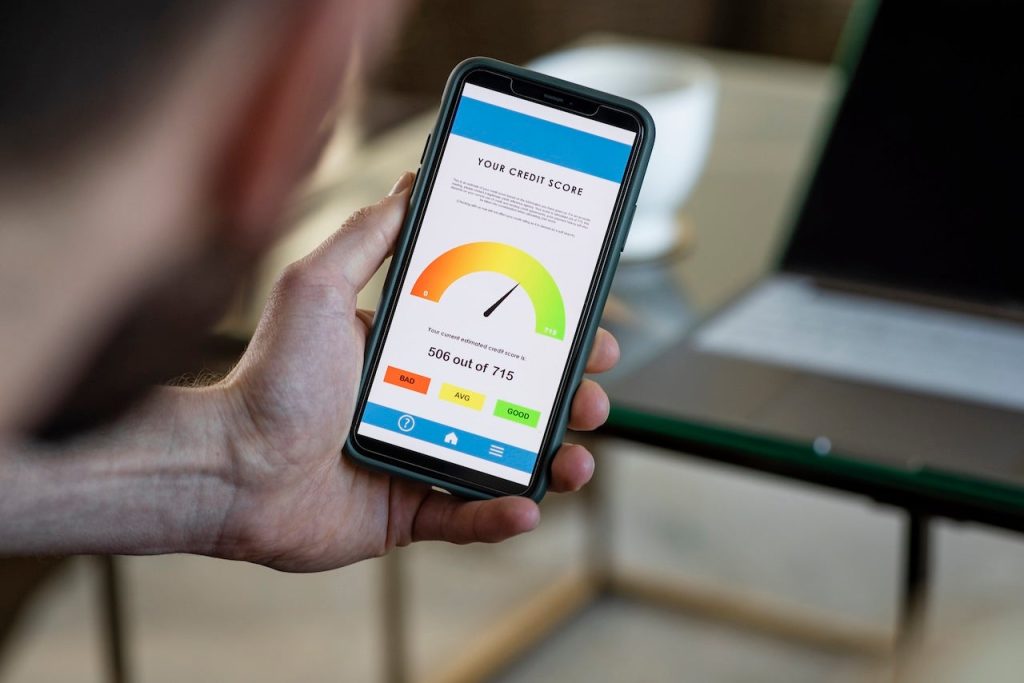For decades, mortgage lenders have used a single credit score — the FICO score — to underwrite applications for home loans. But that’s about to change.
Bill Pulte, director of the Federal Housing Finance Agency, announced July 8 that mortgage giants Fannie Mae and Freddie Mac will begin using a second credit score from a competing company that takes more financial factors into account. “Credit history will no longer just include credit cards and loans,” Pulte wrote on X. “This is HUGE.”
The change could help several million Americans become eligible for mortgage loans they otherwise wouldn’t have qualified for. However, the new competition among rival credit-scoring companies is unlikely to affect how much borrowers pay for mortgage closing costs — credit fees account for only a tiny fraction of that amount.
What’s changing?
For years, lenders have used only the FICO score, from Fair Isaac Corp. — a metric that generally excludes such things as rent and utility payments. Since 2022, the FHFA has required lenders to use the FICO Score 10 T, a mortgage-specific grade that’s one of many scores issued by FICO.
In this week’s change, Pulte announced that both agencies also can begin using a rival metric from VantageScore. That grade, known as VantageScore 4.0, looks at a broader range of factors.
“More of what is on [consumers’] credit reports — telecom payments, utility payments, rental payments — are part of the consideration process about whether they’re creditworthy for a mortgage,” says Tony Hutchinson, head of public affairs at VantageScore. “That is going to open the door for a large number of people who have been invisible. It becomes empowering for the consumer.”
VantageScore scores 33 million more consumers than FICO, so borrowers who were invisible to the FICO model could emerge from the shadows, Hutchinson says. Among those 33 million Americans, 13 million have a VantageScore score of at least 620, the threshold for qualifying for Fannie and Freddie loans. And from that subset, an estimated 5 million people could afford to be homebuyers.
It’s unclear when Fannie and Freddie will begin accepting the new credit score. Both companies need to adjust their loan-origination systems and their pricing structures to reflect the additional scoring model.
Will it save homebuyers money?
Lenders have griped about the rising costs of credit scores and credit reports, and it’s possible that the introduction of a new offering could introduce price competition. However, any savings is likely to disappear into the overall closing costs, which are dominated by much larger sums for things like title insurance and appraisals.
FICO shares dropped on Pulte’s announcement. While FICO annoyed the industry recently by raising the cost of a FICO score to $4.95 from $3.50, the company has been downplaying the impact of its fees in the overall cost picture.
“With average closing costs of approximately $6,000 per mortgage, FICO’s royalties remain an exceedingly small percentage — approximately two tenths of 1 percent (or less) — of a consumer’s closing costs and are therefore not an impediment to home ownership,” FICO CEO Will Lansing wrote on the company’s blog last year.
Hutchinson said it’s unclear how the new competition will affect pricing. “It is a small portion of the overall closing cost,” he said, “But it will impact consumers.”
Why we ask for feedback
Your feedback helps us improve our content and services. It takes less than a minute to
complete.
Your responses are anonymous and will only be used for improving our website.
Help us improve our content
Thank you for your
feedback!
Your input helps us improve our
content and services.
Read the full article here
